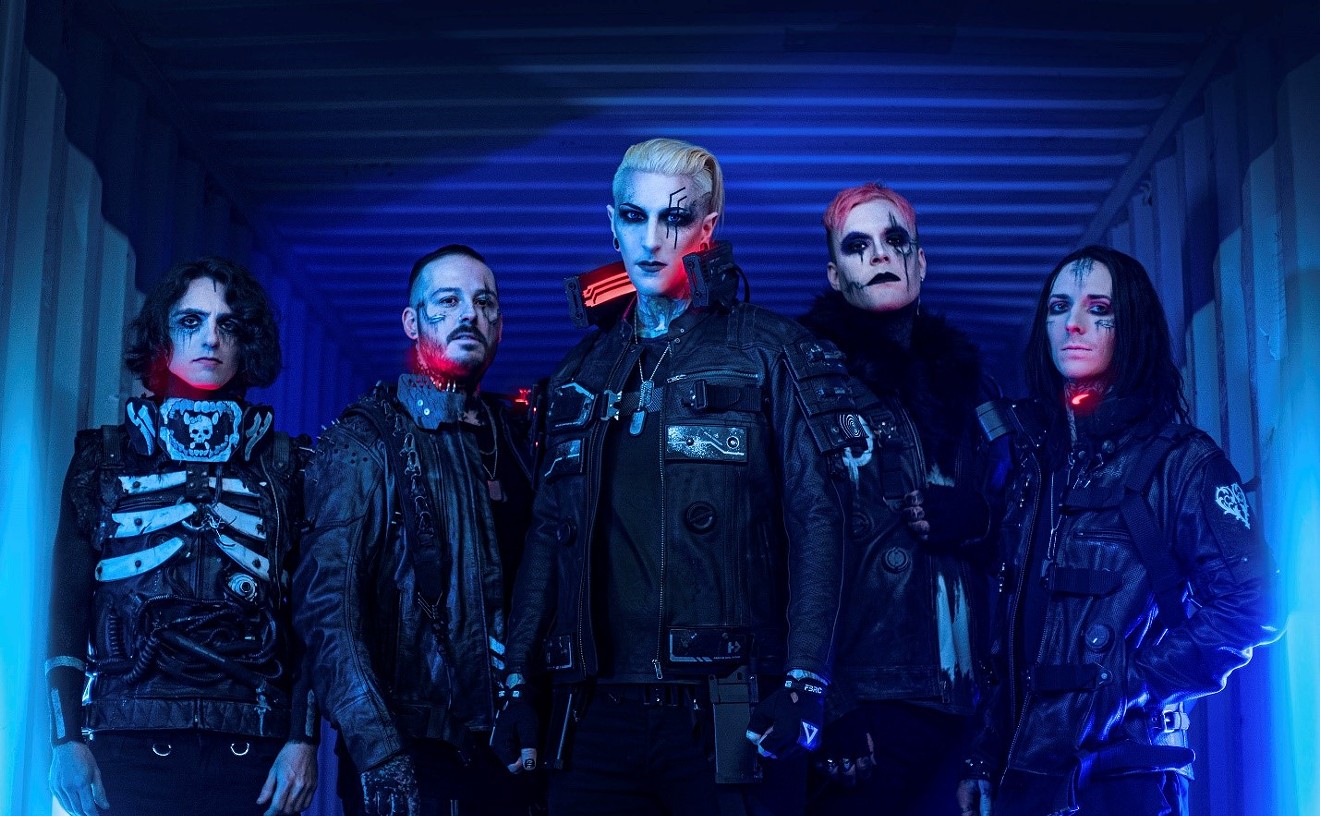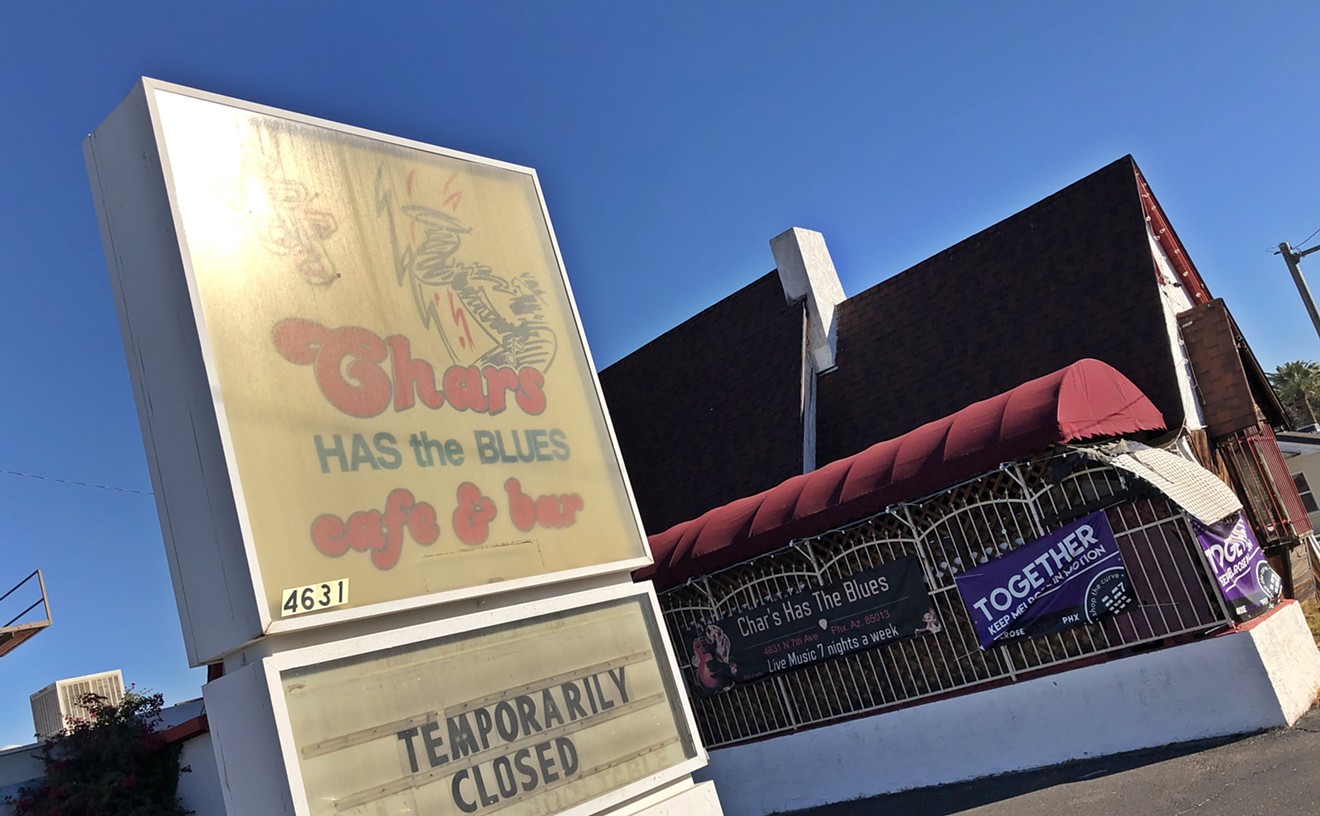The title of the new release is a clever nod to him -- but the album's larger mission is to redeem World Party's failure. Though the title track and "In Da Streets" rattle and hum with a crunk influence that seems beneath these innovators, there's also plenty of the rich, swampy R&B that made their first two outings legendary. Most significant, however, is the return to more serious topics; the audacious first single "Play Your Flutes" advocates creativity instead of hustling, and "God I Wanna Live" is a cry from hip-hop's moral wasteland. The missing monkey might have made a good album great, but the remaining trio's determination to put the Mob back on the map is more than enough justification for the Show to go on.
[
{
"name": "Air - MediumRectangle - Inline Content - Mobile Display Size",
"component": "18478561",
"insertPoint": "2",
"requiredCountToDisplay": "2"
},{
"name": "Editor Picks",
"component": "16759093",
"insertPoint": "4",
"requiredCountToDisplay": "1"
},{
"name": "Inline Links",
"component": "17980324",
"insertPoint": "8th",
"startingPoint": 8,
"requiredCountToDisplay": "7",
"maxInsertions": 25
},{
"name": "Air - MediumRectangle - Combo - Inline Content",
"component": "16759092",
"insertPoint": "8th",
"startingPoint": 8,
"requiredCountToDisplay": "7",
"maxInsertions": 25
},{
"name": "Inline Links",
"component": "17980324",
"insertPoint": "8th",
"startingPoint": 12,
"requiredCountToDisplay": "11",
"maxInsertions": 24
},{
"name": "Air - Leaderboard Tower - Combo - Inline Content",
"component": "16759094",
"insertPoint": "8th",
"startingPoint": 12,
"requiredCountToDisplay": "11",
"maxInsertions": 24
}
]









